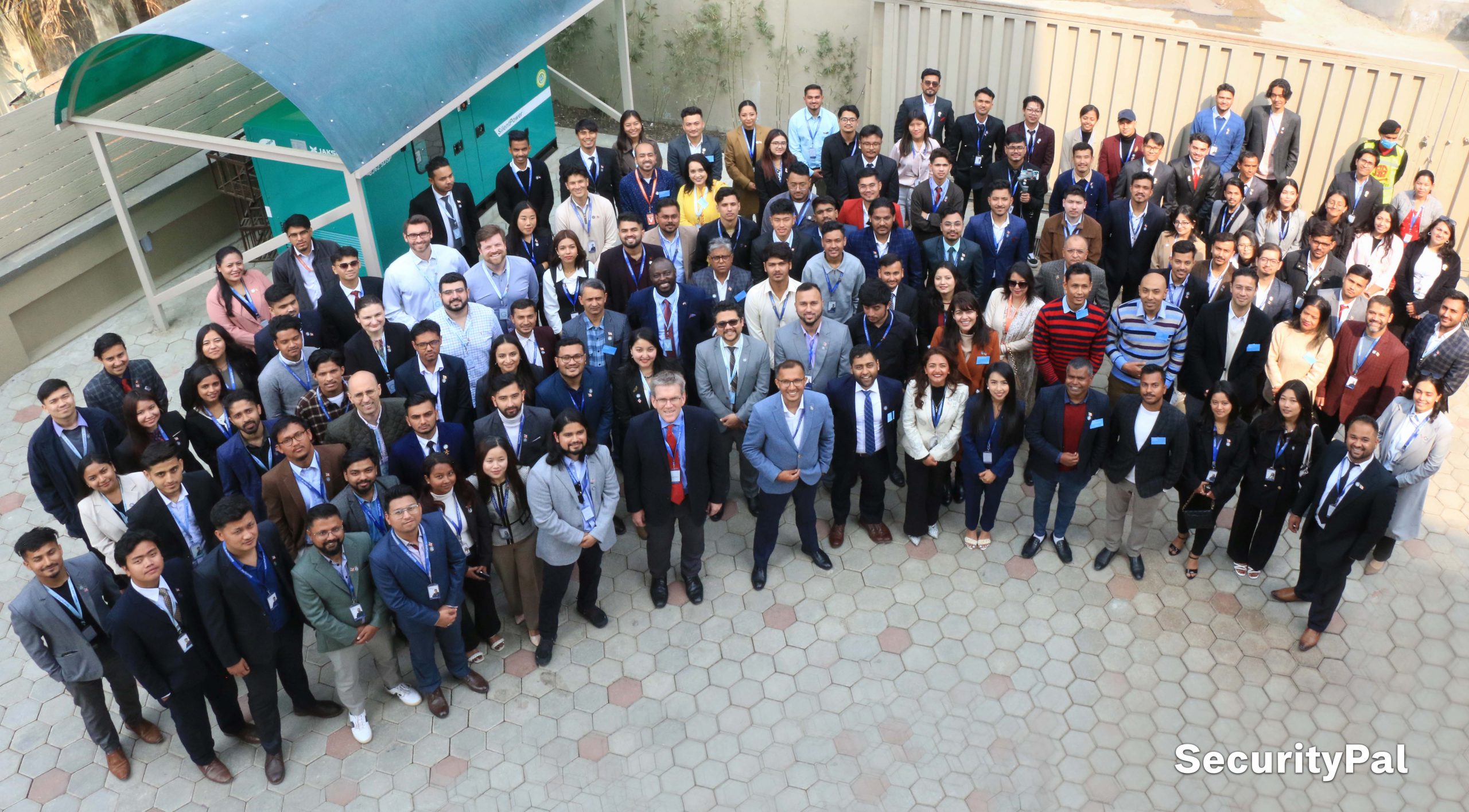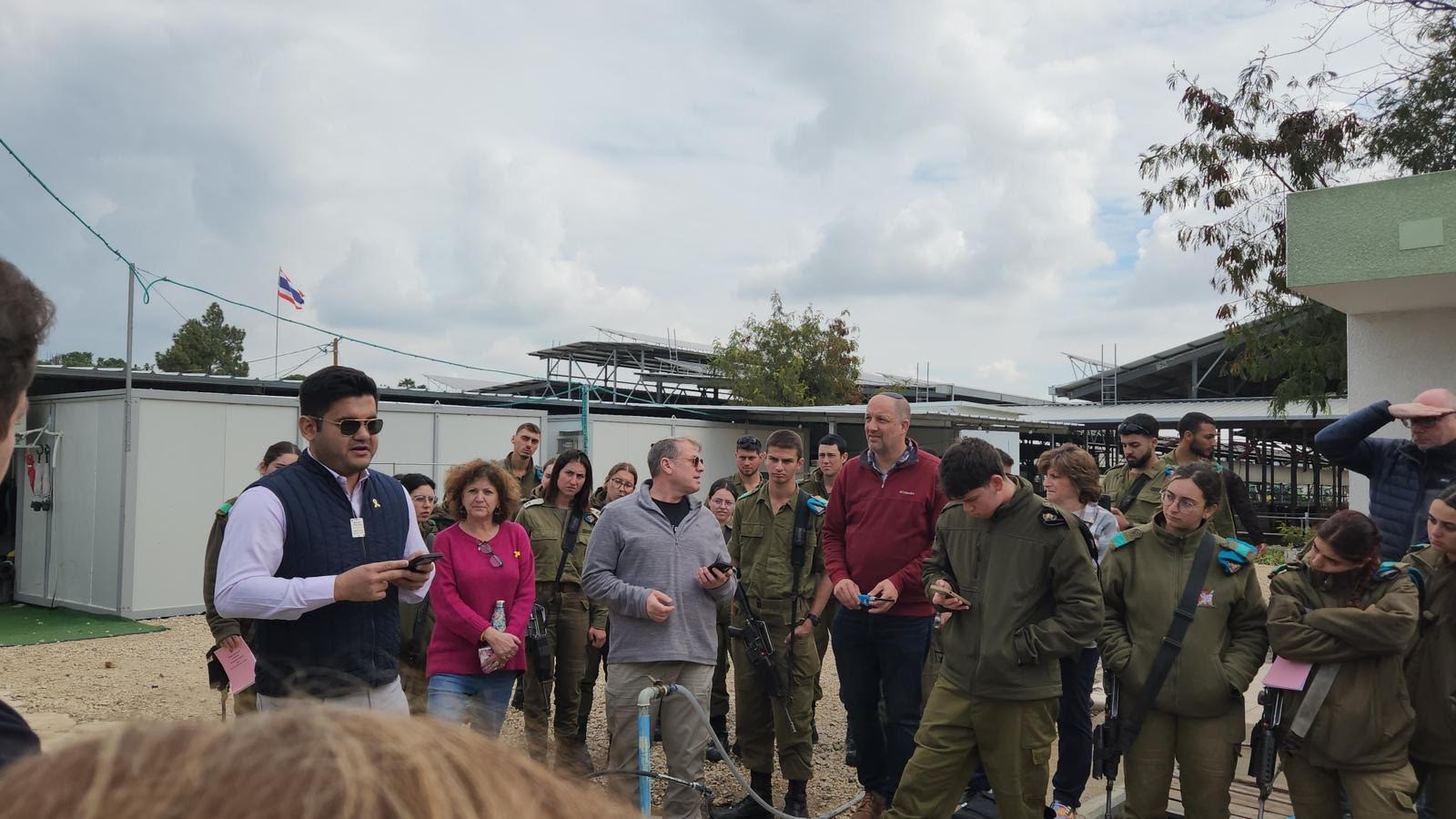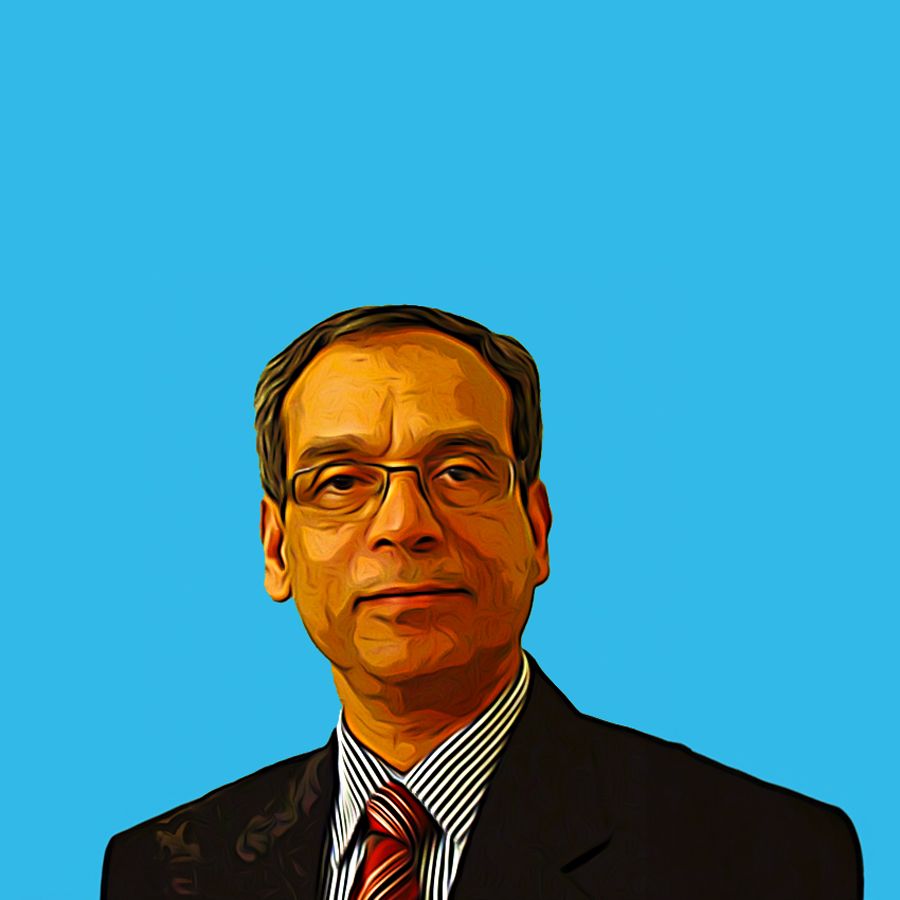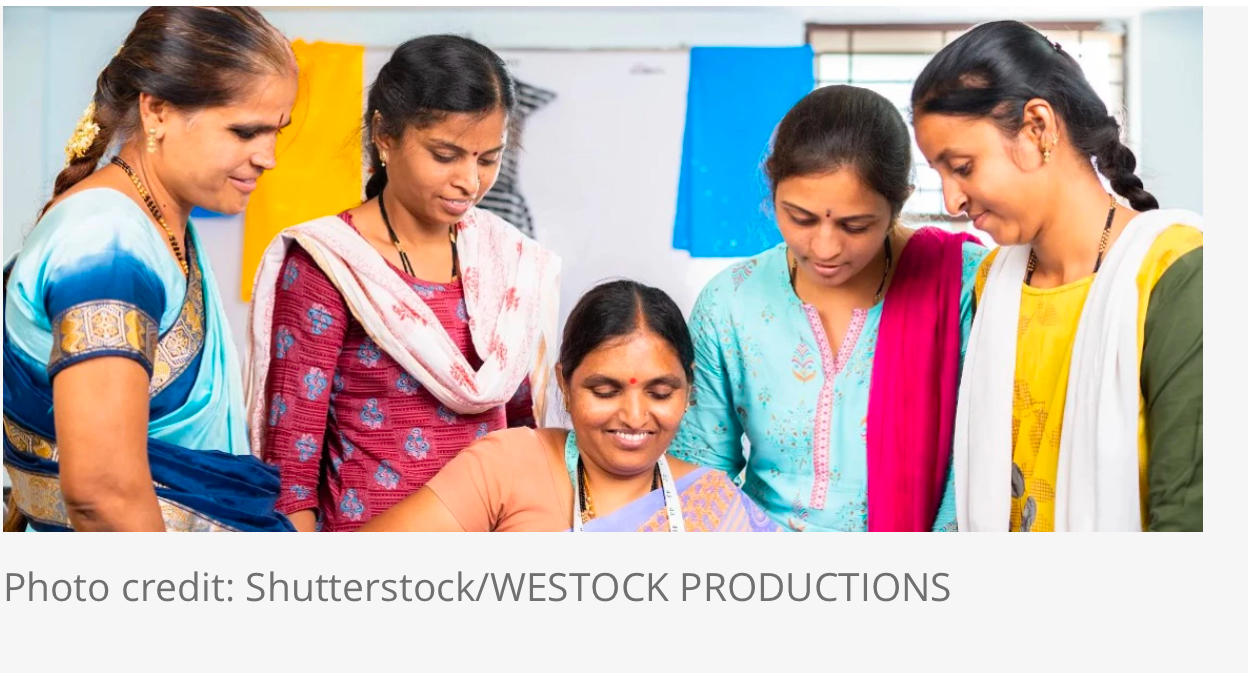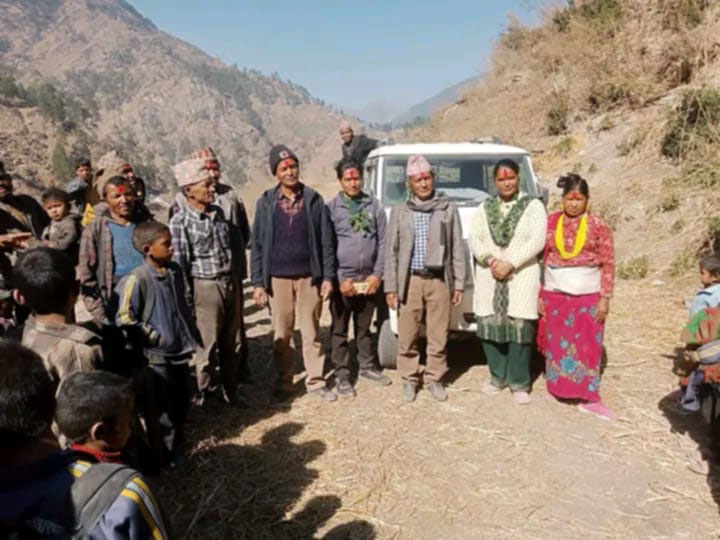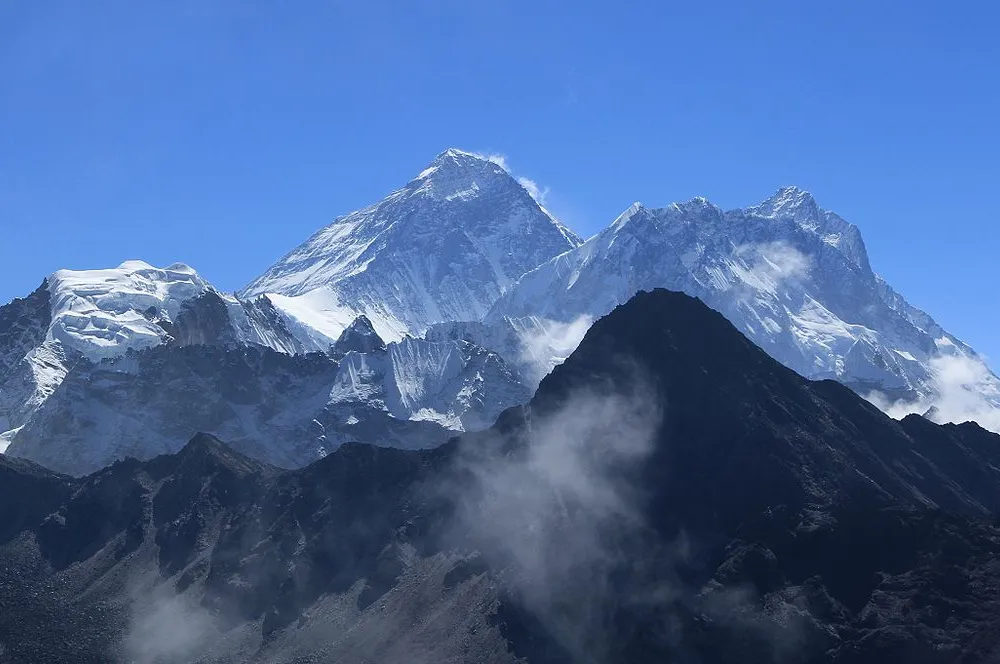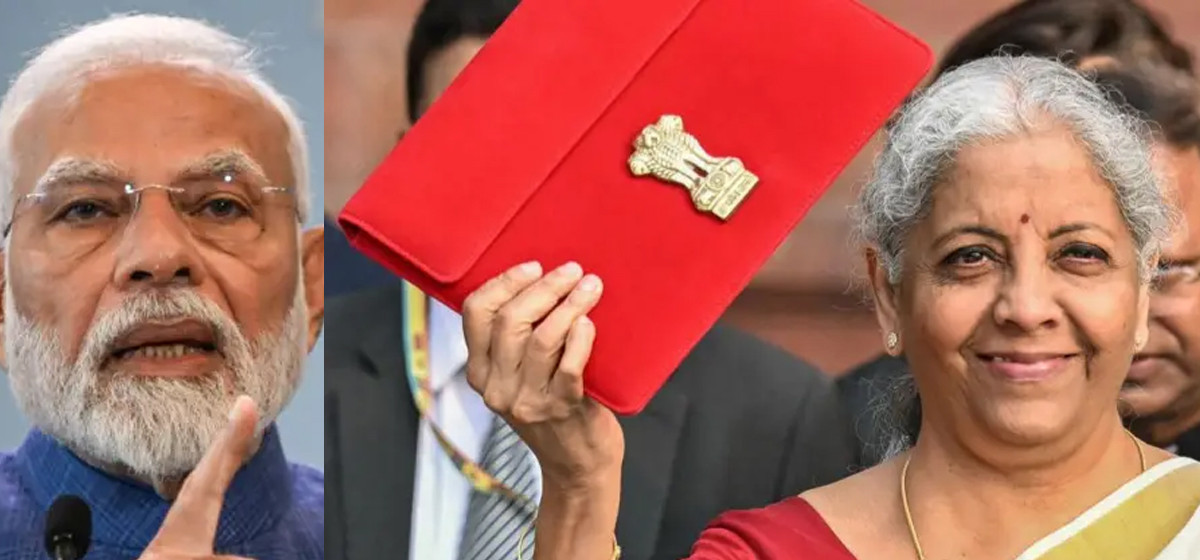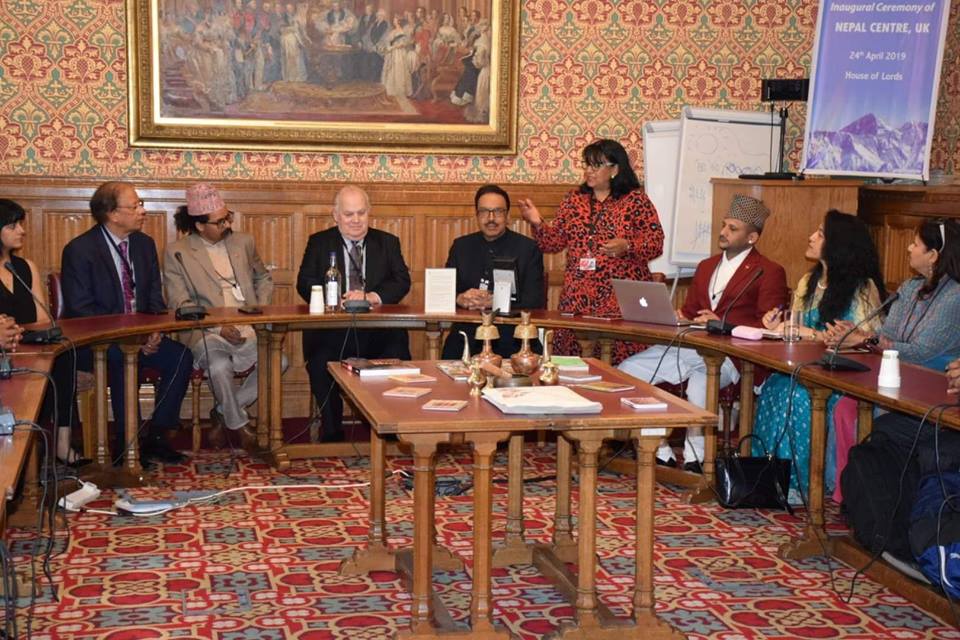The Mayor of London, Sadiq Khan, has today announced a package of almost £1million funding to support communities across London, as he launched a major new campaign to show that the capital is, and always will be, a place for everyone.
The Mayor is working with London Councils, London Legal Support Trust and The National Lottery Community Fund to distribute more than £985,000 to community groups in every borough through the Government’s Community Recovery Fund and the National Lottery Community Fund.
The funding announcement came as the Mayor launched a major new campaign to send a strong message to all of the capital’s communities that they are loved and wanted in London.
The Loved and Wanted campaign brings together a broad range of organisations and community groups to show the world that diversity is London’s greatest strength and that people from all backgrounds are celebrated and welcomed.
The campaign comes six months after disorder took place across towns and cities in the UK and at a time when fear and division is being spread in the UK and around the world. Since October 2023, the capital has seen a rise in antisemitism and islamophobia, and a rise in extreme right-wing activity has also left many fearful for their safety.
New polling shows that eight in 10 Londoners (79 per cent) think it’s important that there is an increase in a sense of unity amongst people in London, and three quarters (75 per cent) say it’s important that the Mayor promotes it.
The Mayor officially launched the campaign on Valentine’s Day at Outernet London, the largest digital exhibition space in Europe, which is hosting a ‘Loved and Wanted’ digital immersive experience. He was joined by faith leaders and representatives from London’s communities, including LGBTQI+, migrant and deaf and disabled Londoners, soul singer and activist Mica Paris and Ukrainian chef and digital artist Alisa Cooper to send a powerful message of unity to Londoners.
Outernet’s screens will display the colourful ‘You are loved and wanted in London’ graphics throughout February. The message is also translated into 17 languages, alongside quotes from Londoners sharing examples about how they feel loved and wanted in the city.
The campaign will feature a series of adverts across the capital, in community centres, cultural organisations, libraries, faith buildings, volunteering centres and online over the coming months. More than 130 organisations have signed up to share post cards and window stickers, including The Felix Project, Royal Academy of Arts, Black Cultural Centre, English National Ballet, London Museum, Bernie Grant Centre, Southbank Centre, churches, mosques and synagogues. The campaign will also showcase a range of stories of how Londoners continue to rally together, support each other, and stand up against hatred and division, whilst living in globally uncertain times.
The Government’s Community Recovery Fund was made available by the Deputy Prime Minister following the disorder across the country last summer, with London allocated £600,000. A total of £510,000 will be distributed in grants between £700 and £22,000 to support groups with local events, education initiatives and improving access to facilities which bring communities together. A further £90,000 will be allocated to the London Legal Support Trust to provide support to free legal advice agencies in London, which were a target during the disorder.
The Mayor has also announced that £385,000 will be invested in the Mayor’s Community Weekend 2025, thanks to funding from The National Lottery Community Fund. From September 12-14 there will be a weekend of community events and activities to bring Londoners together to celebrate our city and make a positive difference. In 2023, 184 organisations took part with events in every London borough, including community sports days, community barbecues and picnics, arts and cultural events, creative workshops, and activities focusing on the environment, conservation and healthy eating.
The Mayor of London, Sadiq Khan, said: “London is the greatest city in the world because of the incredible people who live here. Londoners come from every walk of life, from every religious, ethnic and social background and from all over the world to make this fantastic city. Sadly, we are living in increasingly uncertain and unsettling times and I know the worry and concern that this is having in our communities. That’s why we’re bringing together organisations and community groups across the capital to send a clear message that all Londoners are loved and wanted in our great city. London is, and always be, a place for everyone.”
John Mothersole, England Chair at The National Lottery Community Fund, said: “We’re rooted in the communities we serve, whatever their needs and aspirations. After the hugely successful first Mayor’s Community Weekend in London, we’re delighted to be back for another special weekend of community-led activity. We believe in the power of communities and connection, and we can’t wait to see London’s diverse communities come together again. This weekend will showcase the lasting impact voluntary action can achieve for the city.”
Shabna Begum, Chief Executive Officer at Runnymede Trust: “The Loved and Wanted campaign speaks to a social contract that moves beyond terms like ‘tolerance’ and ‘cohesion’, it celebrates the beauty of a city that is a rich tapestry of multiracial, multicultural and mixed class communities that live, work – and often struggle together.
“We welcome the package of investment in communities that the campaign promises, supporting organisations and infrastructures that enable togetherness, when we know that so many of our most vulnerable continue to face unprecedented levels of economic distress.
“At a time when our political conversation is saturated with narratives of hate and division and London is subjected to hyper-hostility by far-right actors who smear our diversity and difference, this campaign could not be more important. Loved and Wanted isn’t a romantic, aspirational statement, it is an account of our city that remembers the incredible archive of solidarity and anti-racist activism that shapes us and is a reminder that these histories are underpinned by the everyday rhythm of living and struggling together in our complex, convivial communities.”
Zrinka Bralo, Chief Executive of Migrants Organise, said: “Many people are currently struggling to survive and make sense of the world. This is why fostering connections, building resilience within our communities, and taking meaningful action for dignity and justice is essential. London became my sanctuary 30 years ago when I fled war and genocide, and it continues to protect those in need. At Migrants Organise, we witness firsthand the devastating effects of the dehumanisation of refugees and migrants caused by hostile policies. We also see the solidarity and support from many Londoners, which never hits the headlines, because good people do good work quietly. For this reason, we value and welcome the Mayor’s leadership and the additional resources allocated to support all of London’s communities. These efforts represent a vital investment in cultivating unity, hope, and trust—qualities that are increasingly scarce around the world.”
Amanda Bowman, Co-Chair of the London Jewish Forum, said: “London is facing increasing challenges to social cohesion, which has had a particular impact on our Jewish community”. A report released this week on antisemitic incidents in 2024 revealed that over half of all anti-Jewish hate reported in the UK takes place in London. Against this backdrop, we welcome the ‘Loved and Wanted’ campaign, which seeks to bring communities together and strengthen a shared sense of belonging.
“We look forward to working with the Mayor, his team, and London councils to celebrate the capital’s diversity, inclusivity and unity, particularly at this time of global uncertainty and division. Our priority is to ensure that London remains a safe and welcoming city for the Jewish community while continuing to build strong relationships with other communities to create an environment where everyone feels valued and welcome.”
Abdurahman Sayed, Muslim Cultural Heritage Centre CEO, said: “We wholeheartedly welcome the Mayor’s initiative to bring communities together at a time when unity and resilience are more needed than ever before. The funding of more than £985,000 through the Community Recovery Fund and Mayor’s Community Weekend will provide crucial support to grassroots organisations, helping to strengthen community ties and promote social cohesion.
“The launch of the Loved and Wanted campaign is also a vital step in reaffirming London’s identity as a city of diversity, inclusivity, and unity. In a world facing uncertainty, it is essential to reinforce the message that London is a place for everyone.
“With new polling showing that 79% of Londoners believe in the need for greater unity, it is encouraging to see over 100 organisations and community groups coming together to champion these values. We stand in full support of this initiative and look forward to seeing the positive impact it will have on communities across the capital.”
Olympic triathlon gold medallist Alex Yee said: “I’m so proud to be from London because there’s nowhere else like it. I loved growing up in Lewisham as part of an extremely diverse community where everyone felt accepted. I hope the Loved and Wanted campaign shows how united Londoners truly are.”
UK Queen of Soul Mica Paris MBE, said: “I’ve lived in LA, New York and Sydney, but London is my favourite city in the world and it’s where I am at my most creative. I grew up with English, Irish, African, Caribbean and Asian friends and that’s a key reason why London is so special and why we have such a rich music heritage. I’m proud to support the Mayor of London’s Loved and Wanted campaign.”
Chef and entrepreneur Alisa Cooper, who moved to London under the Homes for Ukraine programme, said: “Being acknowledged and feeling seen in the Loved and Wanted campaign means a lot as London has become home to me and my son thanks to the generosity of strangers. Rebuilding our lives hasn’t been easy but the fantastic support we have received has kept us going. I hope this campaign helps further strengthen bonds between communities.”
Philip O’Ferrall, CEO Outernet said: “We are in a time where inclusivity and unity in all ways is more important than ever before. London has always been enriched by the people we have welcomed and the communities that we have embraced and Outernet at its heart is about people coming together. The Loved and Wanted campaign and its powerful message is something we at Outernet are proud to partner on with the Mayor and his team.”




